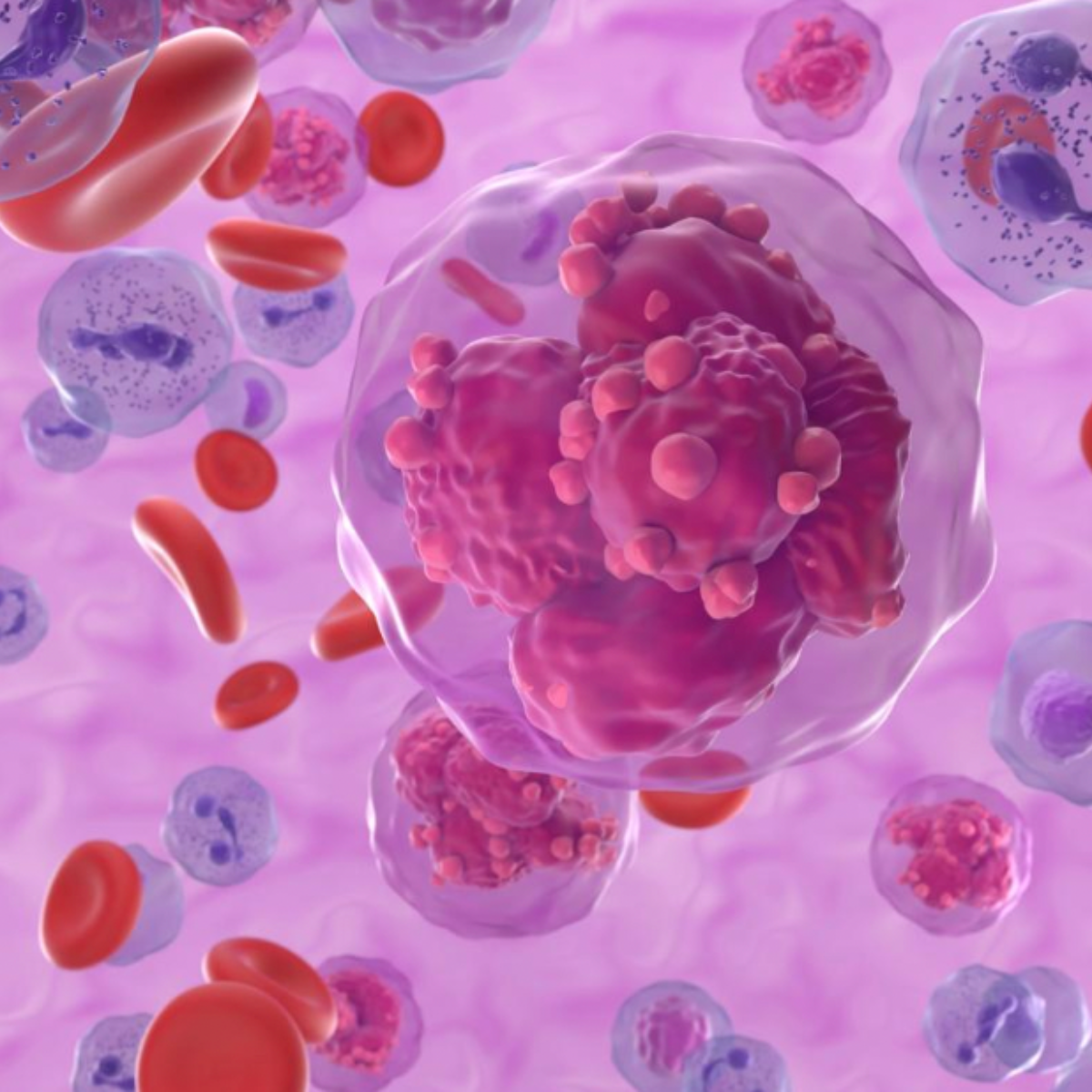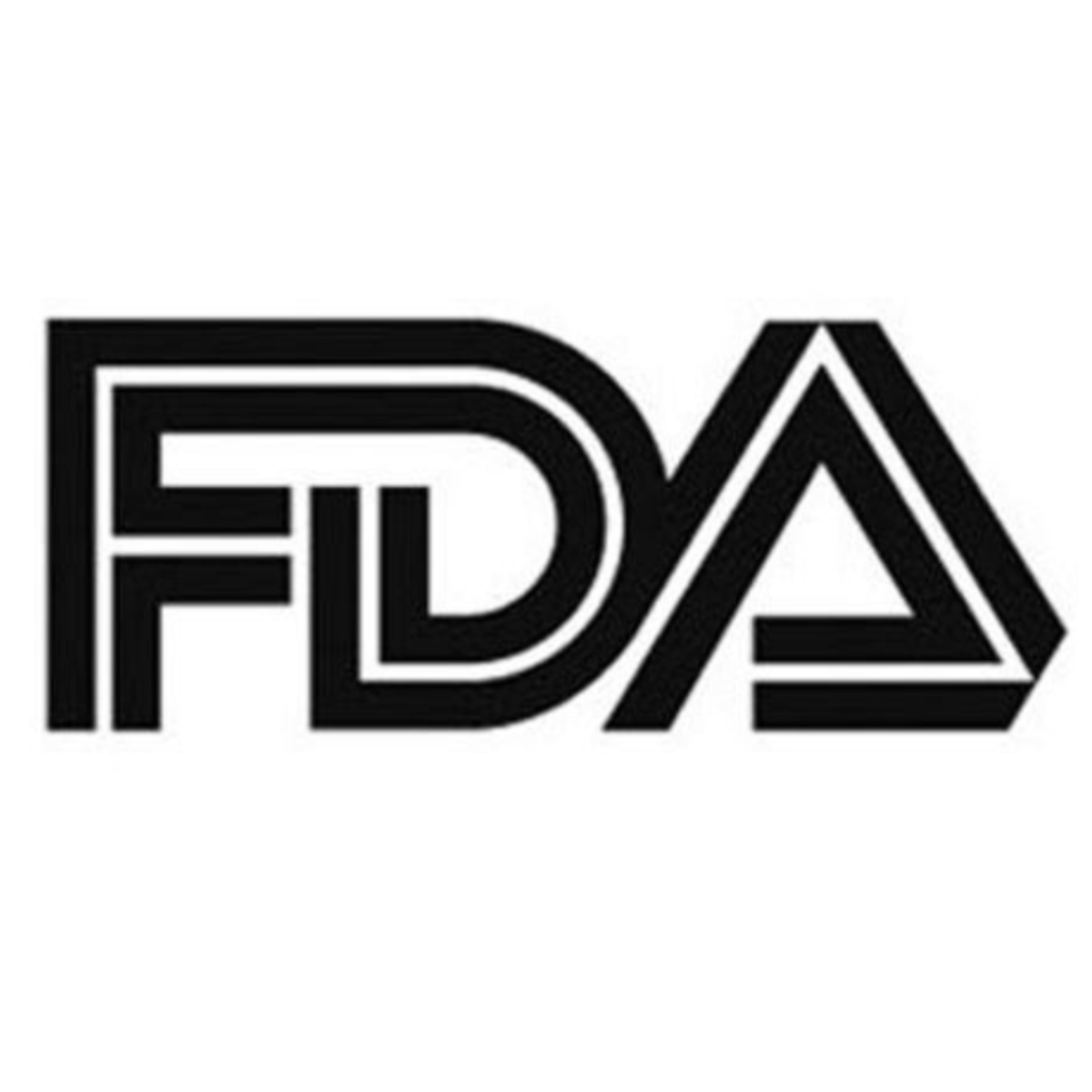In a significant development for acute myeloid leukemia (AML) treatment, the FDA has granted orphan drug designation to ICT01, a humanized anti-BTN3A monoclonal antibody. This designation underscores the critical unmet need in AML, particularly for older or unfit patients for whom intensive chemotherapy is not an option.1
ICT01 is designed to selectively activate γ9δ2 T cells, a subset of T lymphocytes known for their potent cytotoxic activity and dual role in innate and adaptive immunity. The rationale for targeting these cells stems from their association with reduced relapse and prolonged survival in post-transplant settings, suggesting their potential as a novel immunotherapeutic avenue in AML.
The designation was supported by compelling clinical data from the phase 1/2 EVICTION study (NCT04243499), which evaluated ICT01 in combination with azacitidine and venetoclax (Venclexta; aza-ven) in newly diagnosed patients with AML deemed unfit for intensive chemotherapy. Results indicated high remission rates and a positive overall survival signal across a broad spectrum of molecular subtypes, including those historically less responsive to the aza-ven regimen. The study also reported a clinically manageable safety profile, with grade adverse events consistent with the expected hematological toxicity of aza-ven and the underlying AML itself.
Acute myeloid leukemia (AML) cells in blood flow: © LASZLO – stock.adobe.com

Stephan Braun, MD, PhD, chief medical officer of ImCheck Therapeutics, highlighted the significance of the designation, stating, “This important regulatory milestone reinforces our confidence that ICT01 will become the first immunotherapy for AML patients and supports our goal of rapidly advancing ICT01 into pivotal studies based on the unprecedented results observed in the clinic to date.”
AML continues to pose a substantial clinical challenge. While the aza-ven combination has become a standard nonintensive regimen, it is not curative, and high relapse rates persist. Many patients are ineligible for stem cell transplantation due to age, comorbidities, or insufficient response, leading to limited treatment options and poor overall survival. Despite AML’s known sensitivity to immune-mediated control, current immunotherapies targeting pathways such as PD-1, TIM-3, or CD47 have not yielded meaningful clinical benefits, underscoring the urgent need for novel immuno-oncology approaches.
The FDA’s orphan drug designation is granted to drugs and biologics intended for rare diseases, defined as those affecting fewer than 200,000 patients in the United States.2 This designation serves to incentivize the development of therapies for underserved patient populations by offering various benefits to the developing company. These include tax credits for clinical trials, exemption from certain FDA fees, up to 7 years of marketing exclusivity upon approval, and access to regulatory assistance throughout the drug development process.
Pierre d’Epenoux, chief executive officer of ImCheck Therapeutics, emphasized that the orphan drug designation “validates our regulatory strategy, de-risks and supports clinical development acceleration, and sends a strong signal about the unique potential of ICT01 to transform AML treatment as well as other solid tumor indications.”3
